Costa Rica Temporary Residency as an Investor
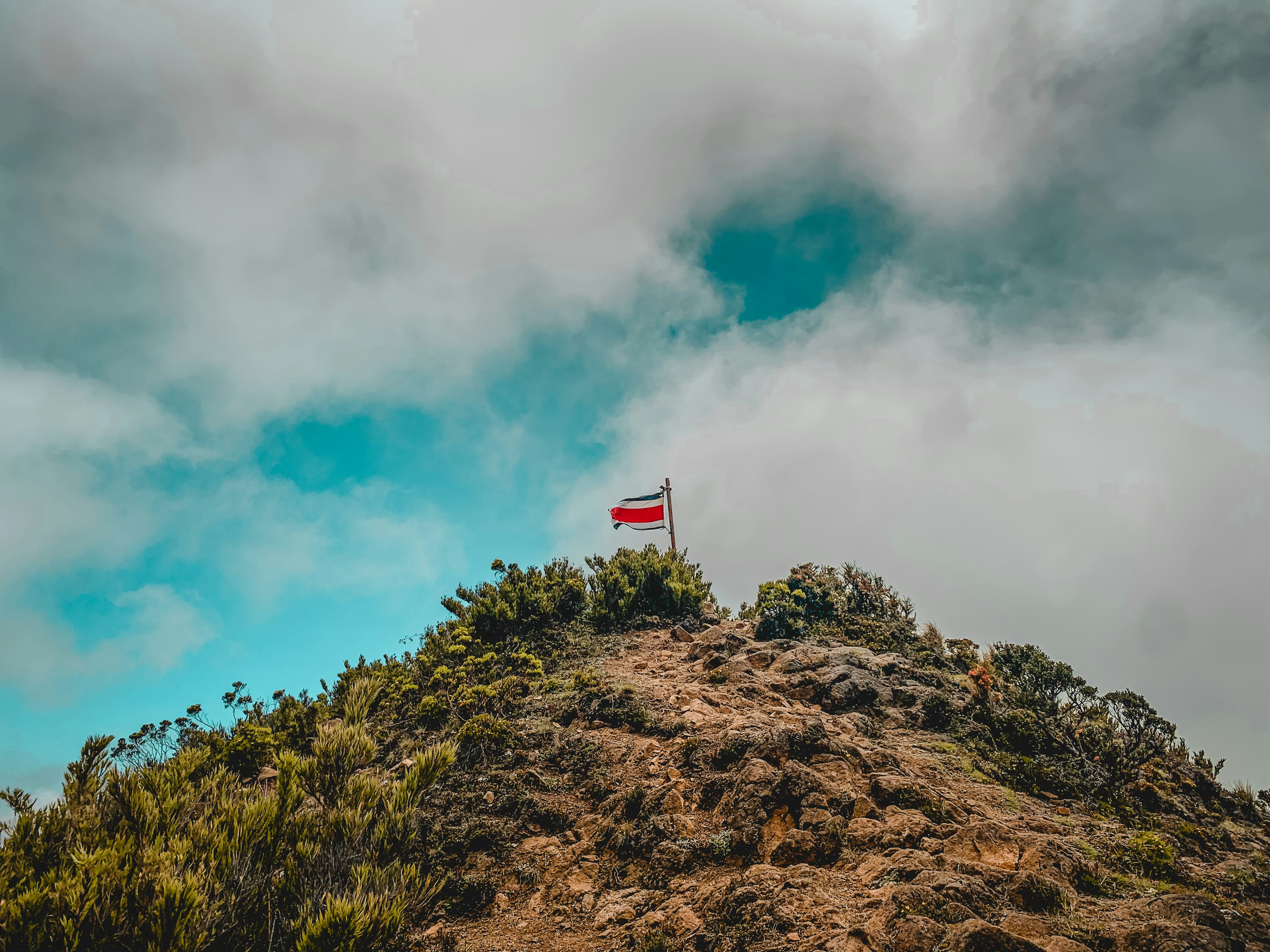
Quick Visa Facts
Visa length Typically 2 years
Possible to extend? Yes, it can be renewed in two-year increments as long as you maintain the qualifying investment and meet residency requirements.
Who can apply? Foreign nationals who invest at least USD $150,000 in approved sectors. Spouses and dependent children under 25 can be included.
Minimum Income Requirements No monthly income requirement; qualification is based on the value of your investment.
Time for visa applications Processing times vary, but most applications take 6 to 12 months from submission to approval.
Want to know if you can apply?
Complete a visa quiz and see if you qualify!
Thinking about making Costa Rica your home base? If you’re ready to invest in paradise, the Temporary Residency as an Investor program might be your golden ticket. This residency pathway is designed for individuals who contribute to Costa Rica’s economy through real estate, business ventures, stocks, or other qualifying investments, all while enjoying the country’s lush landscapes, stable democracy, and welcoming culture.
Whether your goal is to relocate permanently, spend extended periods in the country, or set the foundation for future citizenship, the investor residency offers a straightforward, government-approved route. In this guide, we’ll break down everything you need to know, from the official requirements and qualifying investment types to the benefits, application process, and common questions. This way, you can make an informed decision and start your journey to life in Costa Rica with confidence.
Costa Rica Temporary Residency as an Investor Overview
The Temporary Residency as an Investor program is a legal pathway for foreign nationals who invest in Costa Rica’s economy. While investor residency options have been available for years under Costa Rica’s immigration laws, the latest provisions enhance the benefits for qualifying applicants, including tax incentives, import exemptions, and multiple types of eligible investments.
This visa category is designed to attract individuals who contribute to the country’s development through real estate, business projects, stocks, or other government-recognized investments. It’s a popular choice for those seeking a medium- to long-term stay in Costa Rica without the need for permanent relocation immediately.
Who Is It For?
The program is intended for foreign nationals who invest at least USD $150,000 in approved sectors such as:
Productive projects of national interest
Real estate or personal property
Stocks or other securities
Forestry projects (minimum USD $100,000 investment)
It’s ideal for entrepreneurs, property investors, and individuals looking to establish a commercial presence in Costa Rica while enjoying the benefits of residency.
What Does It Allow You to Do?
Holders of the Temporary Residency as an Investor can:
Live in Costa Rica for the duration of their residency permit.
Import household items duty-free (one time).
Import up to two vehicles (land, air, or sea) free of import and value-added taxes.
Enjoy tax exemptions on qualifying investment income and certain real estate transfers.
Run their own business or manage their investments (but not take up salaried employment).
Apply for citizenship after seven years of continuous residency.
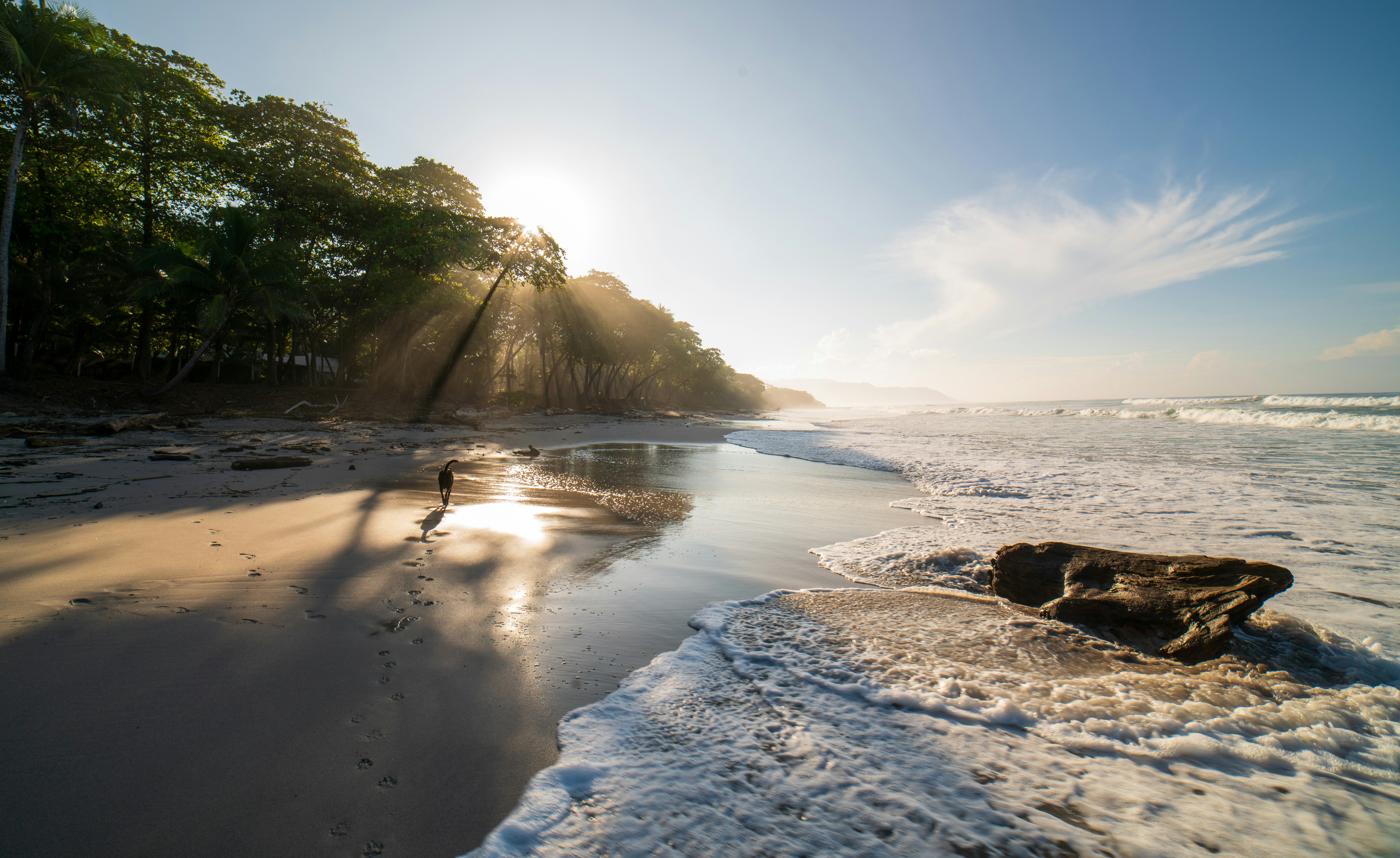
Costa Rica Investor Residency Visa Requirements
To apply for the Costa Rica Investor Residency, you’ll need to submit both the standard documents required for all temporary residency categories and the specific documents that prove your qualifying investment.
Completed application form and formal letter of request (in Spanish).
Two passport-sized photographs.
Valid passport with copies of the identification page and most recent entry stamp.
Birth certificate, duly apostilled.
Police clearance certificate from your country of residence, duly apostilled (not required for children under 12).
Marriage certificate (if applicable), duly apostilled.
Proof of consular registration in Costa Rica.
Official translations of all documents not in Spanish.
$250 government application deposit (per request).
Proof of Qualifying Investment
You must show evidence that you’ve invested the minimum USD $150,000 (or USD $100,000 for forestry projects) in one of the recognized categories. Depending on your investment type, this may include:
Productive Projects: Detailed project description, certified feasibility study, municipal and other permits, CPA certification, and proof of registration with the Tax Authorities.
Real Estate or Personal Property: Municipal certificate showing declared value of the property or fiscal value certificate for vehicles, CPA certification, and Tax Authority registration.
Stocks or Securities: Notarized certification of investment, corporate documents, CPA certification, and Tax Authority registration.
Forestry Investments: CPA certification of investment and certified forestry project documents.
Proof of Financial Self-Sufficiency
As an investor, your qualifying investment serves as the main proof of economic solvency, but the authorities may request additional evidence that you can financially support yourself and any dependents during your stay.
Private Health Insurance (if applicable)
While not always requested during the initial application, private health insurance or enrollment in the Caja Costarricense de Seguro Social (CCSS) is mandatory once your residency is approved. This ensures you have access to medical services in Costa Rica.
Travel insurance is not accepted; it must be long-term residency health insurance. You can find our recommendations for the best health insurance plans for digital nomads here.
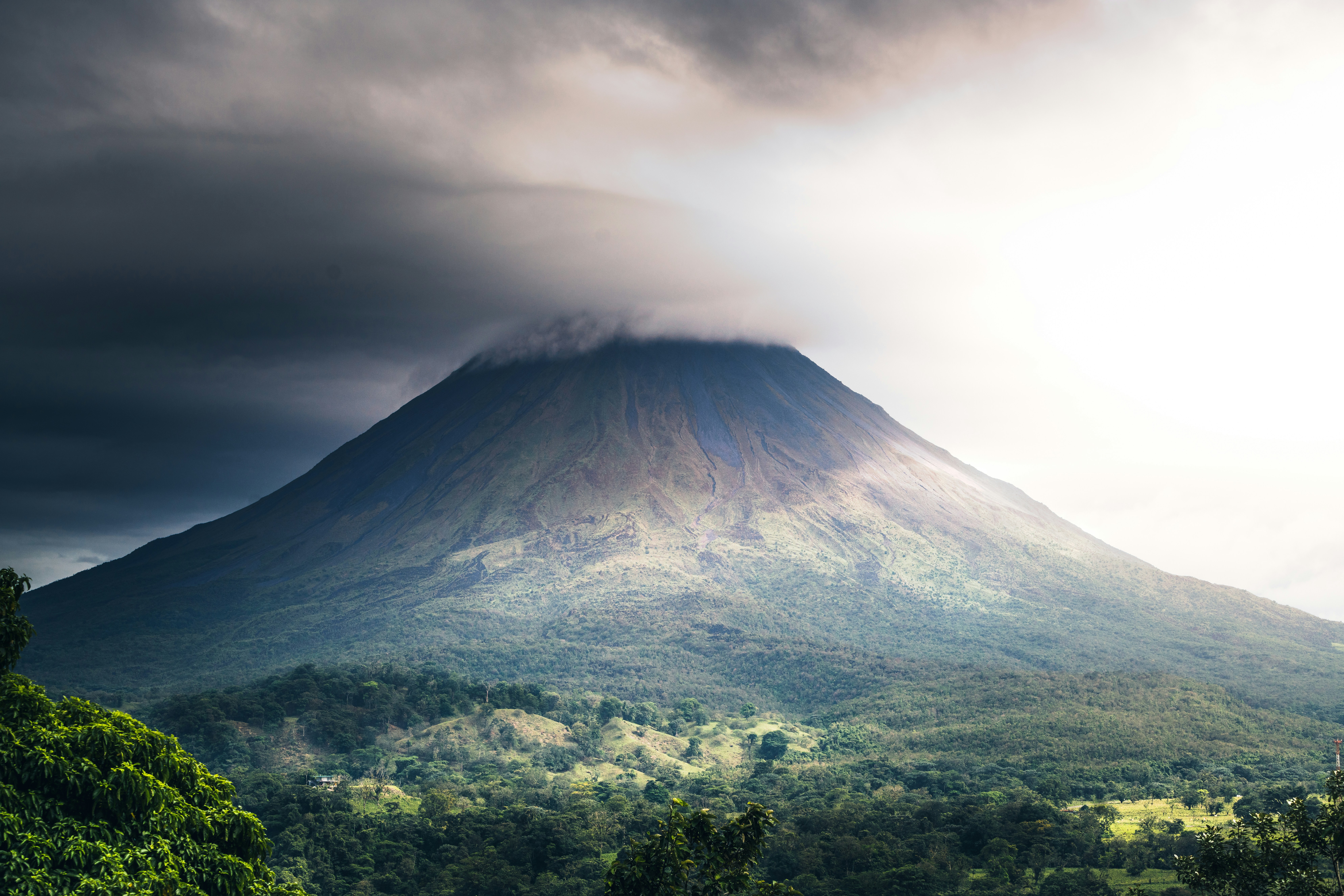
How to Apply for the Costa Rica Investor Residency – Step-by-Step Instructions
Applying for the Investor Residency (Residencia Temporal – Inversionista) in Costa Rica is a formal process handled by the Dirección General de Migración y Extranjería. While some applicants start their application from abroad through a Costa Rican consulate, most enter as tourists and submit their application in-country.
Follow these steps to ensure a smooth process:
Step 1 – Gather and Legalize Your Documents
The first step is to collect all the required documentation, including both the general requirements for temporary residency and the specific proof of your qualifying investment. Any documents issued outside Costa Rica must be duly apostilled or legalized, and all non-Spanish documents must be officially translated by a certified translator. Ensuring your paperwork is properly prepared from the beginning will help avoid costly delays.
Step 2 – Pay the Government Application Fee
Before you can submit your application, you will need to pay a government application deposit of USD $250 (or the equivalent in Costa Rican colones) into the official bank account designated by immigration authorities. Keep the payment receipt, as it must be included with your application package.
Step 3 – Submit Your Application
Once your documents are ready and the application fee has been paid, you can complete the official application form and prepare your formal letter of request in Spanish. The complete application must be filed with the Dirección General de Migración y Extranjería in Costa Rica, either in person or through an authorized legal representative. Along with the form and letter, you will need to include all supporting documentation and certified copies of your passport’s identification page and most recent entry stamp.
Step 4 – Complete Consular Registration
After filing your application, you must complete your consular inscription as required for all foreign residents. This can be done through a Costa Rican consulate or at the local immigration office in Costa Rica. Consular registration helps maintain accurate records of foreign residents and is a standard part of the residency process.
Step 5 – Wait for Resolution
Once your application is submitted, it will be reviewed by immigration authorities. You may legally remain in Costa Rica while your residency request is pending, provided you maintain a valid immigration status. If you leave and re-enter the country during this time, you will need to comply with tourist entry requirements, such as having a valid passport, proof of economic solvency, and a return or onward ticket.
Step 6 – Enroll in the Social Security System (CCSS)
If your application is approved, the resolution you receive will include instructions to register with the Caja Costarricense de Seguro Social (CCSS). This is Costa Rica’s public health and pension system, and enrollment is mandatory before you can receive your residency card. Monthly contributions are based on your reported income or business activity.
Step 7 – Obtain Your DIMEX Card
Once you are registered with the CCSS, you can proceed to obtain your DIMEX (Documento de Identidad Migratorio para Extranjeros). This is your official Costa Rican residency card and serves as proof of your legal status in the country. With your DIMEX in hand, you can enjoy the benefits of investor residency, including tax exemptions, duty-free imports, and the ability to manage your own business in Costa Rica.
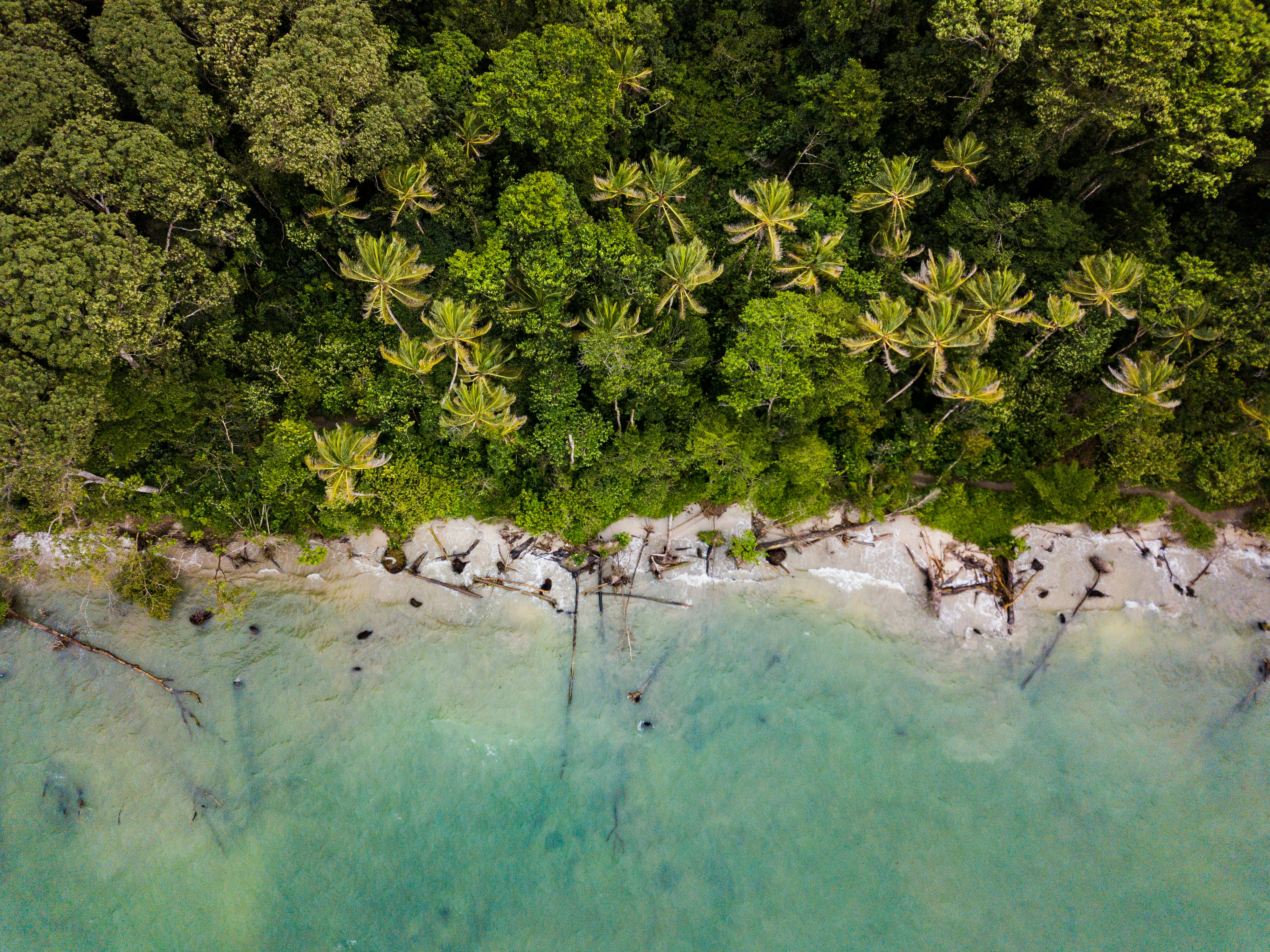
Stay Requirements for the Costa Rica Investor Residency
Holding the Investor Residency in Costa Rica comes with certain obligations to maintain your legal status. While the permit allows you to live in the country for the duration of your residency, you are expected to spend meaningful time in Costa Rica each year. At a minimum, you must visit the country at least once every year to keep your residency active. Failure to meet this requirement can result in the cancellation of your status.
If you leave the country while your residency application is still pending, you may re-enter as a tourist. However, you must comply with standard entry rules, including having a valid passport, proof of sufficient funds, and a return or onward ticket. Once approved, you will not be automatically considered a tax resident; that designation depends on your physical presence in the country for more than 183 days in a calendar year under Costa Rica’s tax laws.
It’s also important to note that, under the Investor Residency category, you are permitted to manage your own business or investments but cannot take up salaried employment in Costa Rica. If you plan to apply for citizenship in the future, you must maintain continuous residency for seven years, meeting the stay requirements throughout that time.
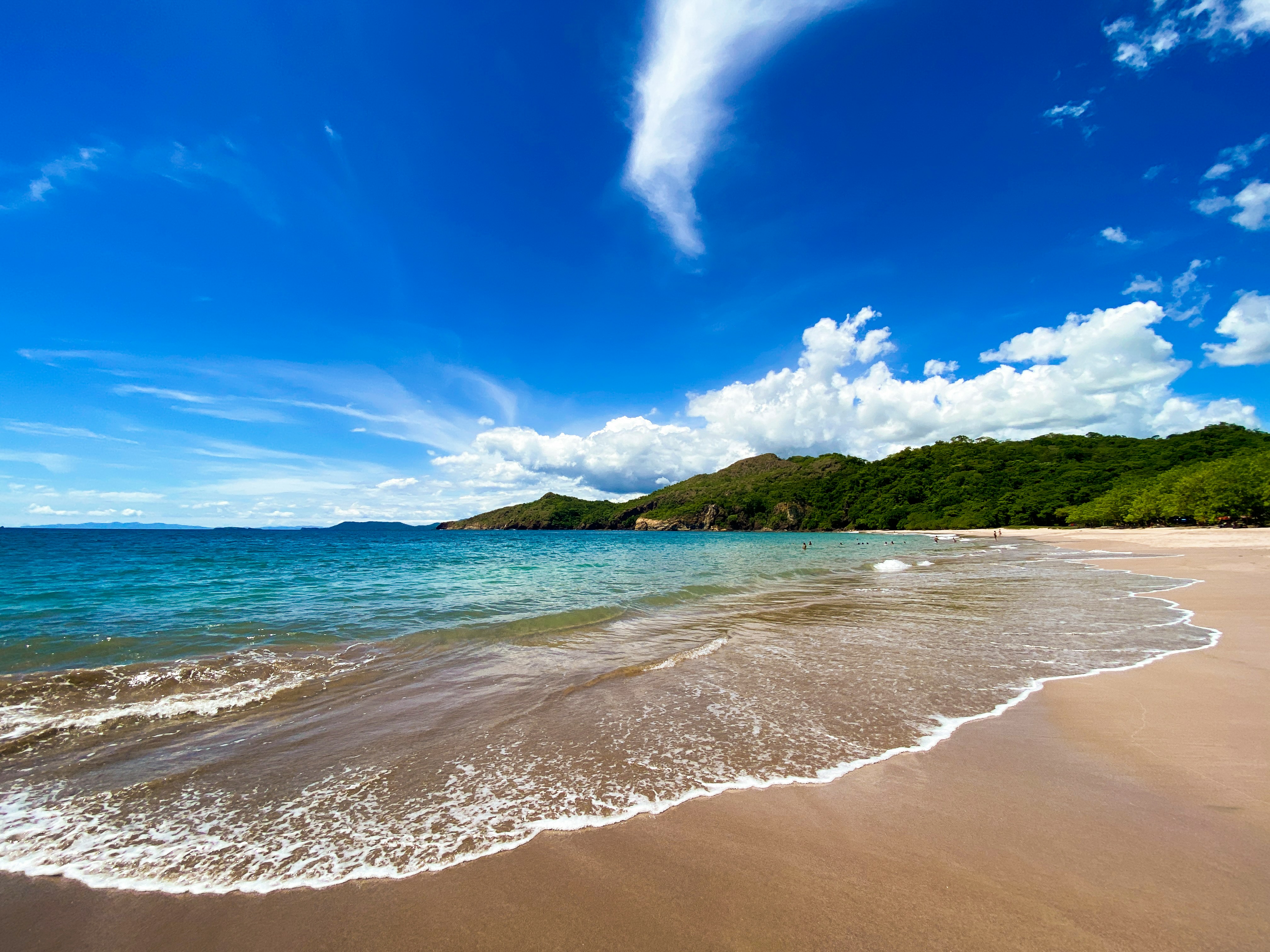
How Much Does the Costa Rica Investor Residency Cost?
The total cost of obtaining the Costa Rica Investor Residency will vary depending on your personal situation, legal assistance fees, and the type of investment you make. However, there are standard government-related costs you can expect to pay during the application process. These include:
Government application deposit: USD $250 (per request)
Document legalization and apostille fees: Varies by country of origin
Official translations into Spanish: Costs depend on the number of pages and language
Certified copies and notary fees: Required for certain documents, such as proof of investment
Social Security (CCSS) enrollment: Monthly contributions based on reported income or business activity after residency approval
In addition to these official costs, you may also incur expenses related to professional services such as lawyers, accountants (for CPA certifications), and investment evaluations, as well as municipal permits or registrations required for your specific investment.
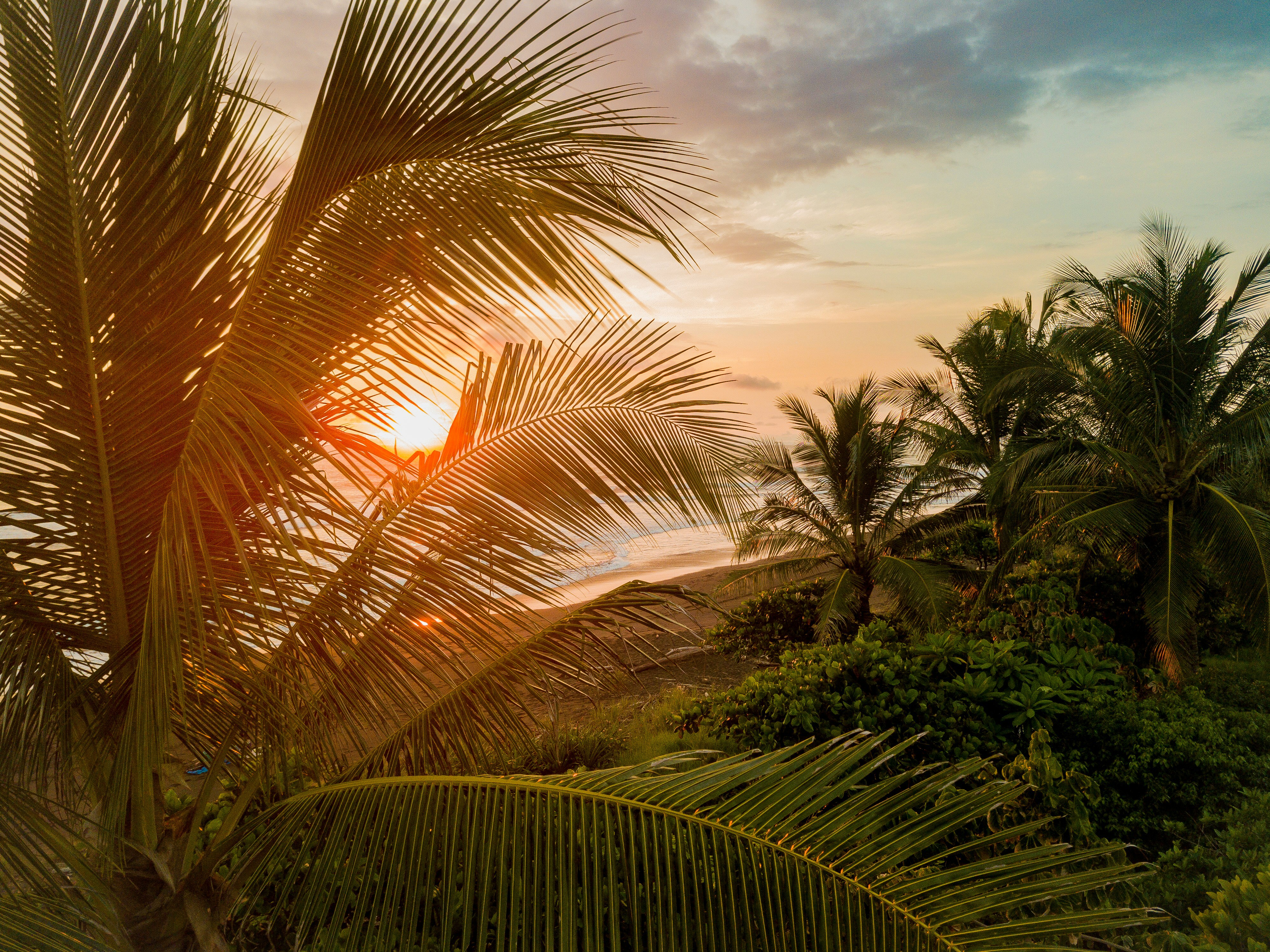
Taxes for People With a Costa Rica Investor Residency
One of the advantages of the Investor Residency in Costa Rica is the range of tax benefits it offers under current law. The amounts you declare as income to qualify for the program are exempt from Costa Rican income tax, meaning your qualifying investment income will not be taxed locally. In addition, you can import household goods duty-free on a one-time basis and bring in up to two vehicles (land, air, or sea) without paying import or value-added taxes. Real estate purchases made within the term of the law also enjoy a 20% reduction on the property transfer tax.
It is important to note that holding an Investor Residency does not automatically make you a tax resident of Costa Rica. Tax residency is determined separately and generally applies if you spend more than 183 days in the country during a calendar year. If you meet the threshold for tax residency, you will be subject to Costa Rica’s territorial tax system, which taxes only income earned within the country, not your worldwide income.
These favorable conditions make the Investor Residency particularly appealing for entrepreneurs, property investors, and individuals managing international income sources who want to enjoy Costa Rica’s lifestyle while maintaining a tax-efficient structure.
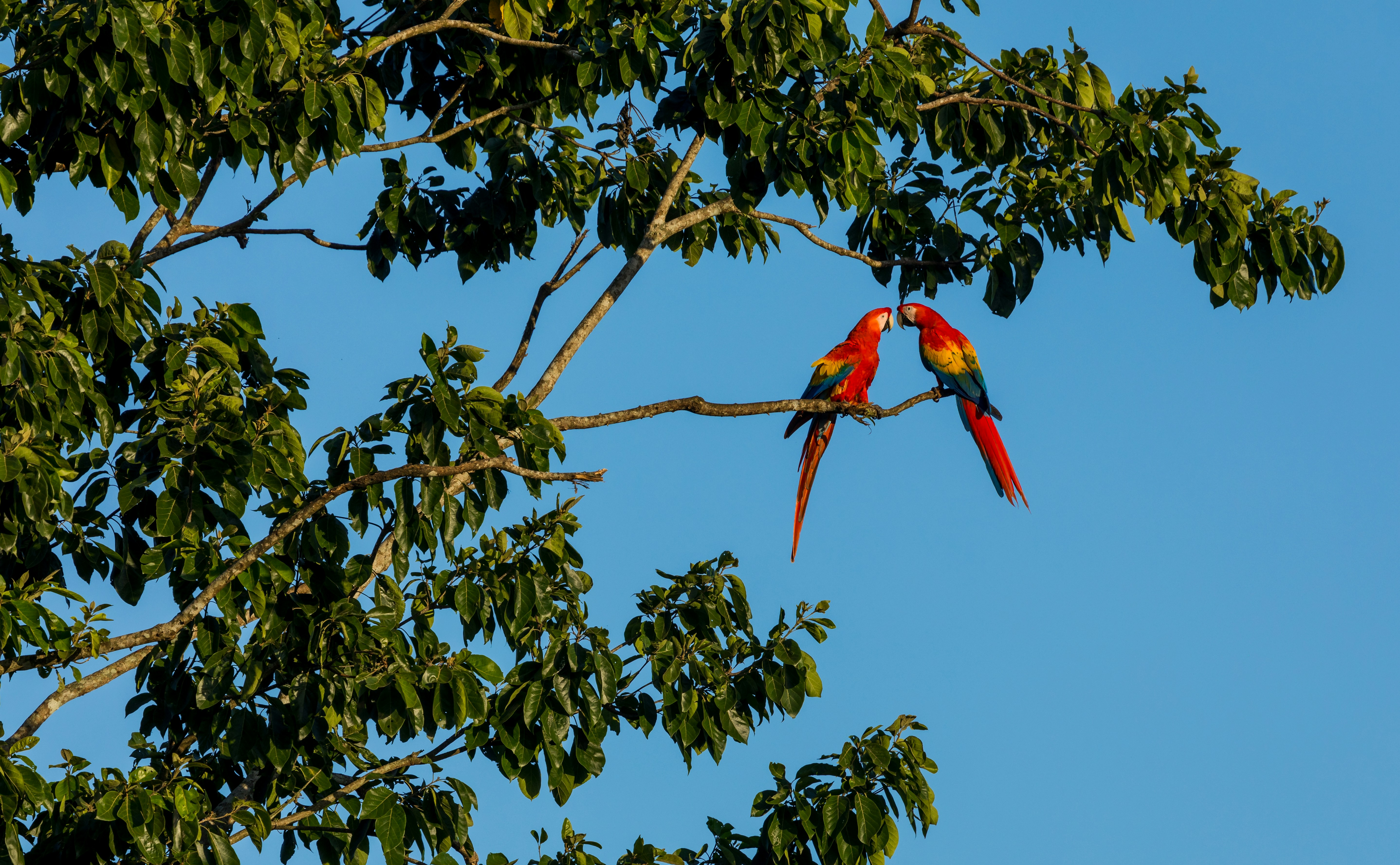
Living in Costa Rica with the Investor Residency
Holding the Costa Rica Investor Residency allows you to enjoy the country’s laid-back lifestyle, warm climate, and welcoming culture while benefiting from long-term legal status. You can choose to live in bustling cities like San José or Escazú, settle in beach towns such as Tamarindo or Jacó, or embrace the tranquility of the Central Valley’s mountain communities. With your residency, you can manage your own business or investments, access the public healthcare system through the Caja Costarricense de Seguro Social (CCSS) once enrolled, and enjoy duty-free import benefits that help make your relocation smoother.
Day-to-day life as an investor resident means you can fully immerse yourself in Costa Rican society without the limitations of short-term tourist visas. While you cannot take up salaried employment, you have the freedom to operate your own ventures, expand your investments, and explore the country at your own pace. Whether you’re drawn by the biodiversity, the “Pura Vida” lifestyle, or the country’s political stability, the Investor Residency offers a secure foundation for building both your personal life and business ambitions in Costa Rica.
Best Cities to Live in Costa Rica
Choosing where to live in Costa Rica depends on your lifestyle, climate preferences, and how connected you want to be to expat communities or local culture. Here are three of the best cities for investors with a Costa Rica Investor Residency Visa, each offering something unique:
San José
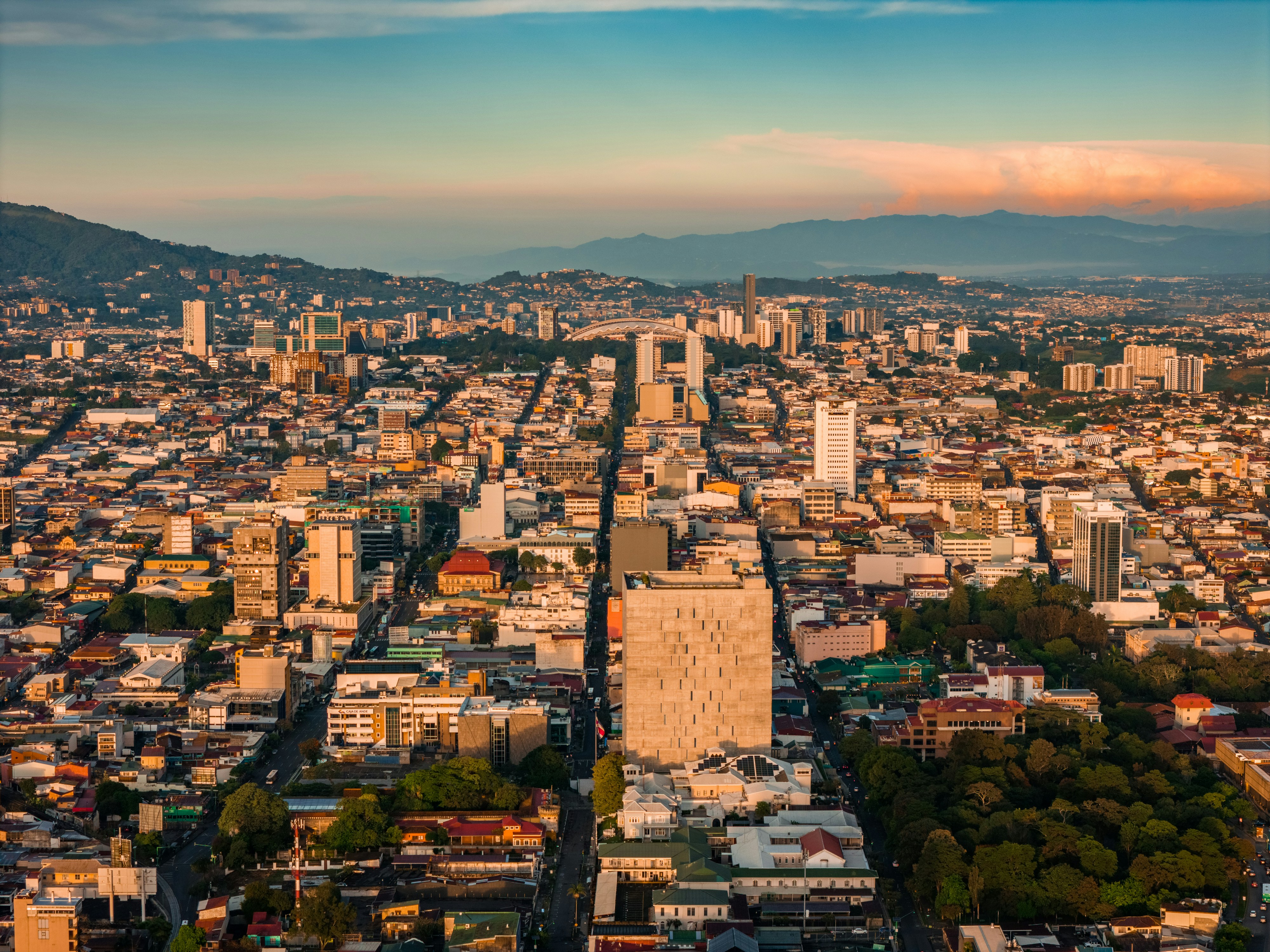
Costa Rica’s capital is the country’s economic and cultural hub, making it ideal for investors who want access to government offices, major banks, and business opportunities. San José offers a mix of modern conveniences, international schools, healthcare facilities, and a vibrant cultural scene with theaters, museums, and restaurants. Its central location also makes it easy to travel to both the Pacific and Caribbean coasts, as well as nearby mountain retreats.
Escazú
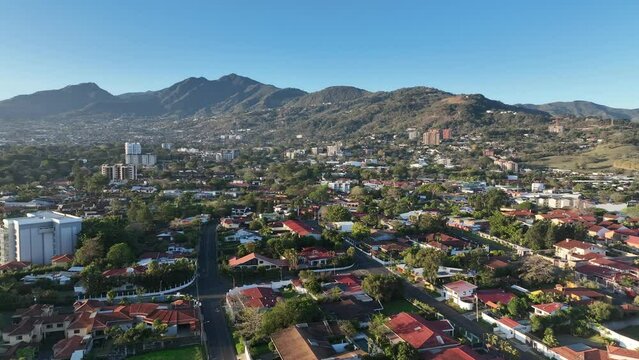 Located just outside San José, Escazú is one of Costa Rica’s most upscale and expat-friendly areas. Known for its luxury housing, international supermarkets, and excellent healthcare facilities, it appeals to investors seeking a comfortable lifestyle with easy access to the capital. Escazú also has a thriving dining scene, premium shopping malls, and a strong expat community, making it a smooth transition for those relocating from abroad.
Located just outside San José, Escazú is one of Costa Rica’s most upscale and expat-friendly areas. Known for its luxury housing, international supermarkets, and excellent healthcare facilities, it appeals to investors seeking a comfortable lifestyle with easy access to the capital. Escazú also has a thriving dining scene, premium shopping malls, and a strong expat community, making it a smooth transition for those relocating from abroad.
Tamarindo
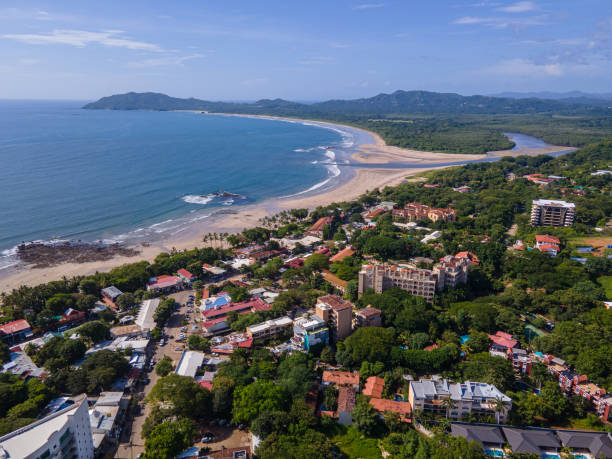 On the northwestern Pacific coast, Tamarindo is a lively beach town popular among surfers, retirees, and digital nomads. It’s known for its golden beaches, warm weather, and laid-back atmosphere, while still offering modern amenities like cafes, restaurants, and international schools. For investors, Tamarindo’s growing tourism sector and booming real estate market present strong opportunities, especially in hospitality and vacation rentals.
On the northwestern Pacific coast, Tamarindo is a lively beach town popular among surfers, retirees, and digital nomads. It’s known for its golden beaches, warm weather, and laid-back atmosphere, while still offering modern amenities like cafes, restaurants, and international schools. For investors, Tamarindo’s growing tourism sector and booming real estate market present strong opportunities, especially in hospitality and vacation rentals.
Cost of Living
The official currency of Costa Rica is the Costa Rican colón (CRC). ₡1,000 = approximately $1.85 USD.
The average net monthly salary in Costa Rica is around ₡580,000 CRC, which equates to approximately $1,075 USD. Keep in mind that costs and salaries vary significantly depending on the region and your lifestyle.
Here’s a rundown of what you should expect to pay in different cities:
San José
Rent (1 bedroom in city center) – $650 per month
Rent (3 bedrooms outside city center) – $950 per month
Basic Utilities – $85 per month
Wi-Fi – $35 per month
Public Transport – $0.90 one-way
Groceries (2 people) – $300–$450 per month
Escazú
Rent (1 bedroom in city center) – $1,067 per month
Rent (3 bedrooms outside city center) – $1,950 per month
Basic Utilities – $115 per month
Wi-Fi – $55 per month
Public Transport – $1.70 one-way
Groceries (2 people) – $500–$650 per month
Tamarindo
Rent (1 bedroom in city center) – $950 per month
Rent (3 bedrooms outside city center) – $1,400 per month
Basic Utilities – $100 per month
Wi-Fi – $45 per month
Public Transport – $1.20 one-way
Groceries (2 people) – $400–$550 per month
FAQ
Can I work in Costa Rica with the Investor Residency?
You cannot take up salaried employment in Costa Rica under the Investor Residency category. However, you are allowed to own, operate, and manage your own business or investments.
How much do I need to invest to qualify?
You must invest at least USD $150,000 in an approved category such as real estate, productive projects, personal property, or securities. For forestry projects, the minimum investment is USD $100,000.
Can I bring my family with me?
Yes. Your spouse and dependent children under 25 can be included as dependents in your application, provided you submit the required supporting documents for each.
Does the Investor Residency lead to citizenship?
Yes. After seven years of continuous residency, you can apply for Costa Rican citizenship, provided you meet all legal requirements and maintain your residency status.
Do I have to live in Costa Rica full-time?
No, but you must visit Costa Rica at least once a year to maintain your residency. If you want to become a tax resident or eventually apply for citizenship, you will need to meet stricter physical presence requirements.
Can I get help applying for the Costa Rica Investor Residency Visa?
If you need help applying for a visa, you can talk to Citizen Remote. Get specific advice from one of our experts, or outsource the entire application to our team.
Author
Nadia Dardón is a content creator from Guatemala. She has worked fully remotely for the past six years as a copywriter, editor, and content creator, working for different industries. She started her digital nomad journey in 2022 and currently lives as an expat in Spain.
